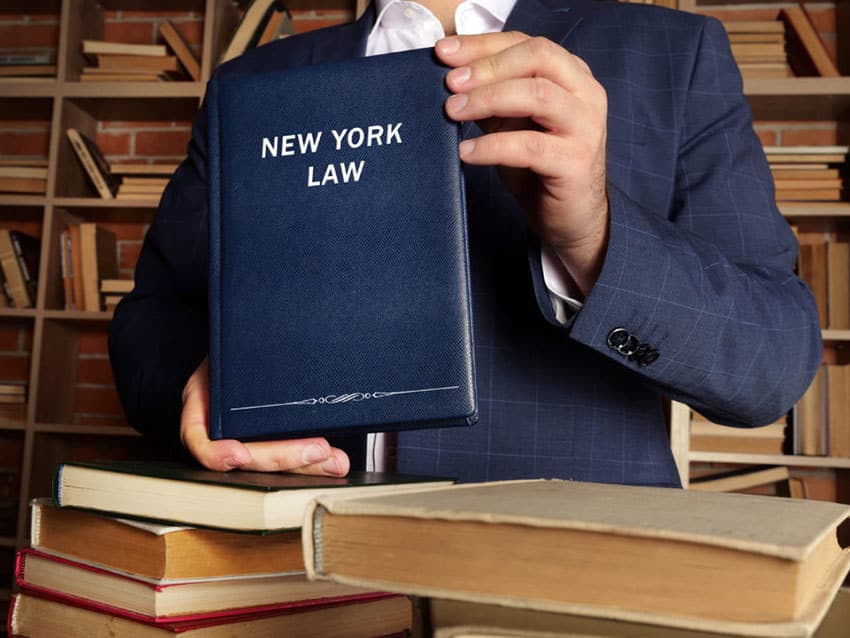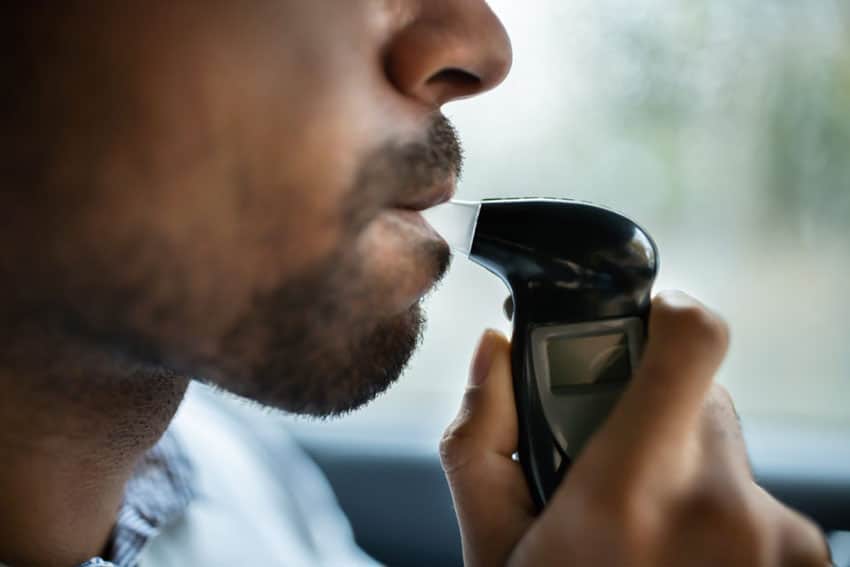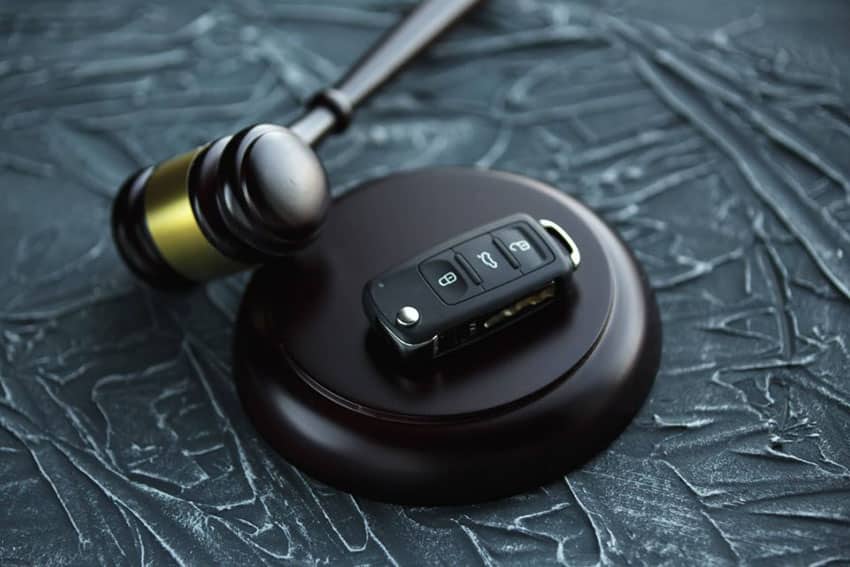Penalties for Piloting Under Influence
Pilots are expected to be aware of all the laws concerning flying under the influence and are subject to severe penalties for transgressions. In addition to state and federal laws concerning alcohol consumption and flying, pilots also have to follow Federal Aviation Regulations as determined by the Federal Aviation Administration (FAA).
Many of the penalties for FUIs are similar to those of DUIs. Common repercussions of FUI convictions include:
- Jail time.
- Fines.
- Required attendance at lengthy alcohol education programs.
- Flying safety classes with an additional alcohol education component.
- License suspension or revocation of flying privileges
The penalties depend on the circumstances of the offense, the offender’s police record, and the state in which the incident takes place, since FUI laws are partially determined by each state. The severity of the fines and penalties are also determined by the pilot’s blood alcohol content level, whether or not people were injured, and if there was property damage.
If a pilot is asked by law enforcement officials to be tested for drugs or alcohol, he or she must submit to the test according to the implied consent law. Whether in a car, boat, or aircraft, the person operating the vehicle agrees to be tested if suspected of driving, boating, or flying under the influence. Pilots who refuse to take the test automatically have their license suspended or their flying privileges revoked, which lasts over a year in some states.
Furthermore, pilots are required to report any previous DUI convictions to the FAA, as well as any penalties imposed upon them due to the conviction. A pilot’s flying license can be suspended, and aspiring pilots can be denied licenses if his or her driver’s license has been suspended two times in the past three years. If a pilot fails to report a previous conviction, he or she faces a $250 000 fine, imprisonment for up to five years, or both.
If a pilot reports having a prior DUI conviction, it does not mean that his or her license will be automatically suspended. However, upon learning of such a conviction, the FAA usually requires the pilot to undergo substance abuse or psychiatric evaluations. Upon completion of the evaluation, the pilot may be required to take part in substance abuse treatment programs or random drug and alcohol tests.











